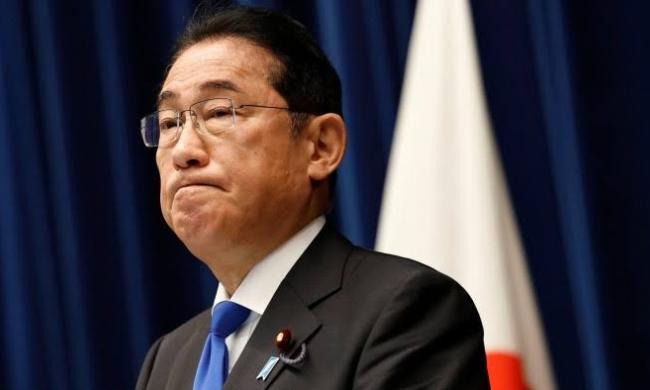
Japanese Prime Minister Fumio Kishida has announced that he will step down in September after a turbulent three-year tenure plagued by political scandals and economic challenges. During a press conference on Wednesday, Kishida confirmed that he would not seek re-election as the leader of the Liberal Democratic Party (LDP), stressing that “politics cannot function without public trust.”
Kishida’s leadership has been overshadowed by controversies, including accusations of financial misconduct and ineffective responses to rising living costs. His resignation paves the way for a new leader to address these pressing issues and restore confidence in the government. “I will now focus on supporting the newly elected LDP leader as a rank-and-file member of the party,” Kishida stated, indicating his commitment to assisting in the transition.
The LDP is expected to choose a new leader soon, who will be responsible for tackling immediate economic concerns and ensuring the party’s long-term stability. Reuters reports that Kishida’s decision has set off a leadership contest within the LDP, with the winner also becoming the head of the world’s fourth-largest economy.
Kishida’s popularity has declined due to the LDP’s ties to the controversial Unification Church and undisclosed political donations at fundraising events. At the same time, public frustration has mounted over stagnant wages that have failed to keep up with rising living costs, even as Japan emerges from years of deflation.
“An incumbent LDP prime minister can only run for re-election if assured of victory. It’s akin to sumo’s grand champion yokozunas; you must win gracefully,” remarked Koichi Nakano, a political science professor at Sophia University.
The incoming LDP leader will face significant challenges, including unifying a divided ruling party, addressing the cost of living crisis, managing rising geopolitical tensions with China, and navigating the potential return of Donald Trump to the U.S. presidency.
Kishida, Japan’s eighth-longest-serving post-war leader, guided the country through the COVID-19 pandemic with substantial stimulus measures. He also appointed Kazuo Ueda as the head of the Bank of Japan (BOJ) to shift away from his predecessor’s aggressive monetary policies. However, the BOJ’s unexpected interest rate hike in July, aimed at curbing inflation, led to market instability and a significant rise in the yen.
According to Shoki Omori, chief Japan desk strategist at Mizuho Securities in Tokyo, Kishida’s resignation could usher in tighter fiscal and monetary policies, depending on his successor. “In short, risk assets, particularly equities, are likely to suffer the most,” he commented.
Unlike previous administrations, Kishida focused on policies to boost household incomes, such as wage increases and promoting share ownership, rather than prioritizing corporate profit-driven trickle-down economics.
For more updates, join our WhatsApp channel: https://whatsapp.com/channel/0029VabITrvEAKW7DSkTfP0JJ